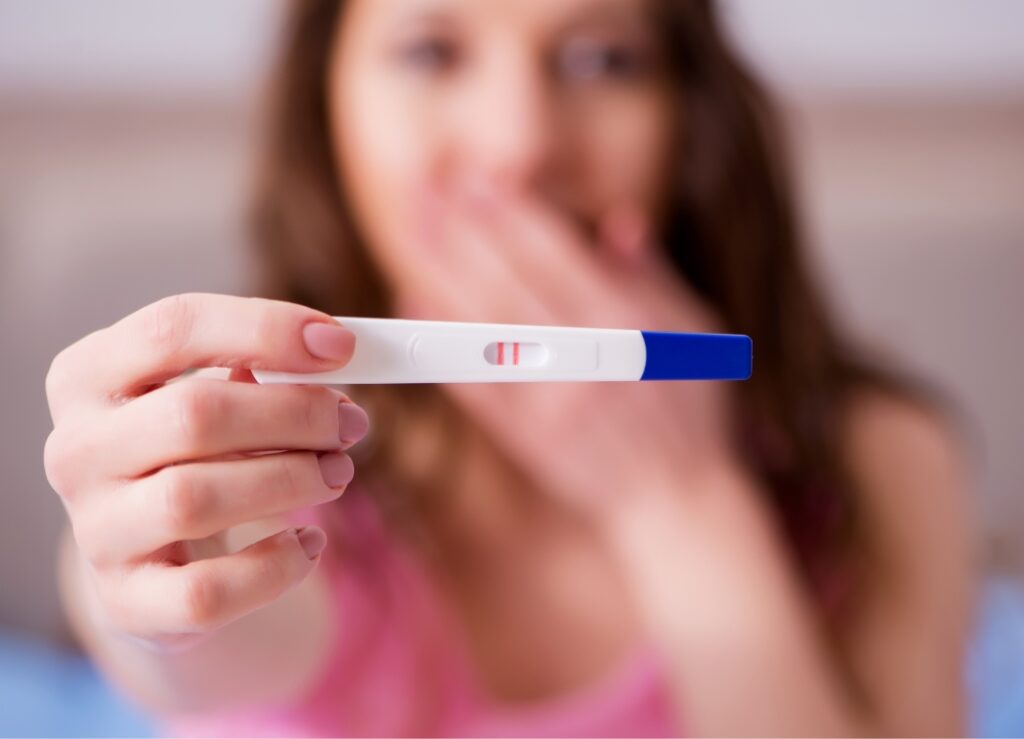
Are you trying to conceive but feel unsure about your fertility? You’re not alone. Many women face fertility challenges. But, there are steps you can take to boost your chances of getting pregnant. This guide will cover the factors that affect female fertility and offer practical tips to improve your fertility naturally.
Key Takeaways
- Factors like ovulation issues, uterine or cervical conditions, and fallopian tube problems can affect female fertility.
- Maintaining a healthy weight, managing stress, and avoiding smoking and excessive alcohol can improve your chances of conceiving.
- Certain dietary choices, such as increasing fish intake and following a Mediterranean-style diet, may enhance fertility.
- Regular exercise, when done in moderation, can support fertility, but excessive or intense exercise can be detrimental.
- Seeking medical advice is recommended if you haven’t conceived after a year of trying or have known fertility issues.
Table Of Contents
- Understanding Women’s Fertility
- Lifestyle Choices for Boosting Fertility
- Dietary Strategies to Enhance Fertility
- Exercise and Women’s Fertility
- Avoiding Fertility Disruptors
- Women fertility guide
- Age and Fertility in Women
- Medical Conditions Affecting Fertility
- Fertility Treatments for Women
- Fertility Testing for Women
- Emotional Support for Fertility Challenges
- Myths and Misconceptions About Women’s Fertility
- Conclusion
- FAQ
- References
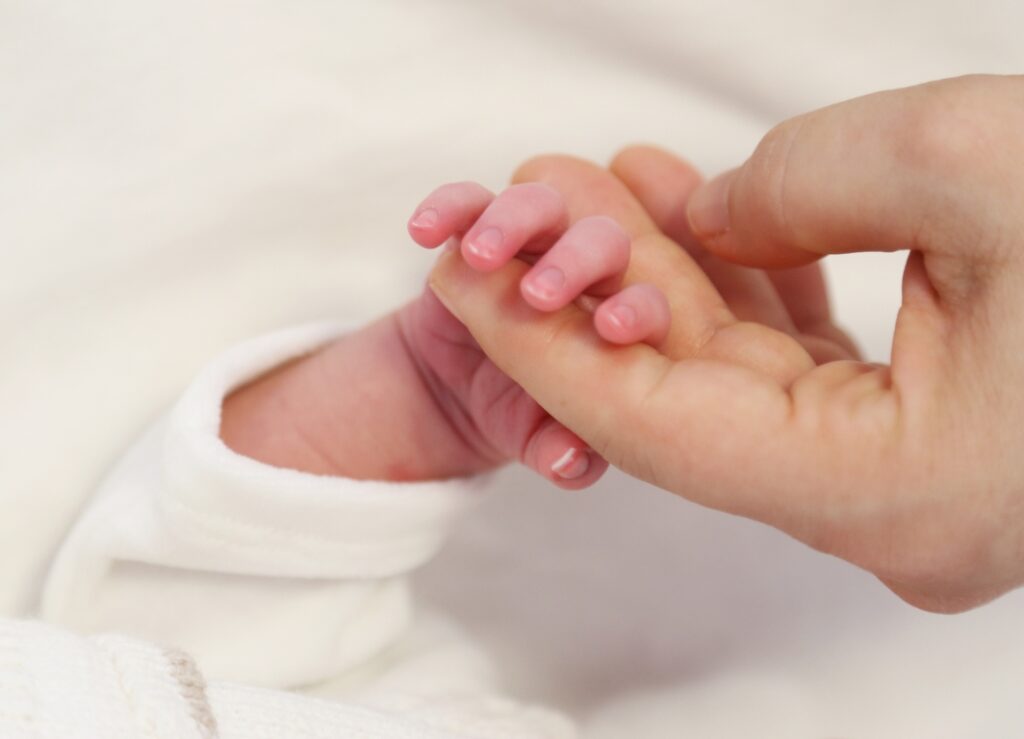
Understanding Women’s Fertility
Fertility is a complex process. It’s important to understand women’s fertility when trying to conceive. Factors like hormone imbalances, uterine or cervical issues, and age can affect a woman’s fertility.
The average menstrual cycle is 28-35 days. Ovulation usually happens between days 11 and 21. Women start with about 1 to 2 million eggs, but only release 300 to 400 through ovulation. The best chance of pregnancy is when sex happens 1-2 days before ovulation.
Lifestyle can also affect fertility. Being overweight or obese can lower fertility. Losing 5%-10% of your weight can help. Eating well and managing stress can also boost fertility.
| Fertility Factor | Impact on Fertility |
|---|---|
| Age | Fertility decreases with age, especially after the mid-30s, lowering the success rates of fertility treatments. |
| Weight | A 5%-10% drop in weight can significantly improve ovulation and pregnancy rates for overweight or obese women. |
| Stress | High levels of stress can disrupt the delicate hormonal balance needed for healthy ovulation and conception. |
| Diet | A diet rich in fertility-boosting nutrients like zinc, selenium, and vitamin E can enhance reproductive health. |
Understanding female fertility problems is key to addressing infertility. By focusing on these factors, women can improve their fertility and chances of a successful pregnancy.
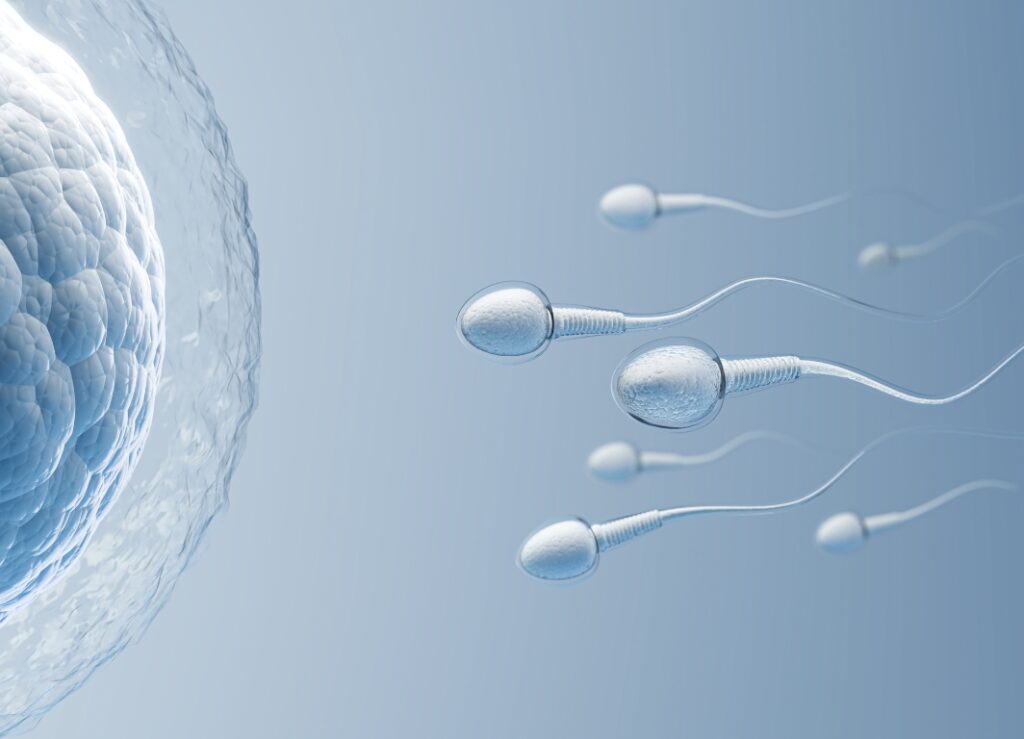
Lifestyle Choices for Boosting Fertility
Improving your fertility doesn’t need to be hard. Simple lifestyle changes can help. Let’s look at how lifestyle affects women’s fertility.
Maintain a Healthy Weight
Being too heavy or too light can affect your fertility. Try to keep your BMI between 20 and 25 for the best reproductive health. Being overweight can mess with ovulation. Being underweight can cause problems with the ovaries and infertility.
Manage Stress
Too much stress can mess with your hormones, making it tough to conceive. Use stress-reducing activities like yoga, meditation, or counseling to keep your mind and body calm.
Avoid Unhealthy Habits
- Quit smoking – Smoking can make menopause come earlier and lower fertility in women.
- Limit alcohol – Drinking too much can hurt sperm quality and quantity in men. It can also affect ovulation and implantation in women.
Get Enough Sleep
Good sleep is key for hormone balance and reproductive health. Try to get 7-9 hours of sleep each night to help your fertility.
Exercise Moderately
Regular, moderate exercise can help fertility by improving blood flow, lowering stress, and keeping a healthy weight. But too much exercise can be bad, so find a balance that fits you.
By changing your lifestyle in these ways, you can improve your fertility and increase your chances of getting pregnant. Remember, everyone is different, so talk to your doctor to make a plan that’s right for you.
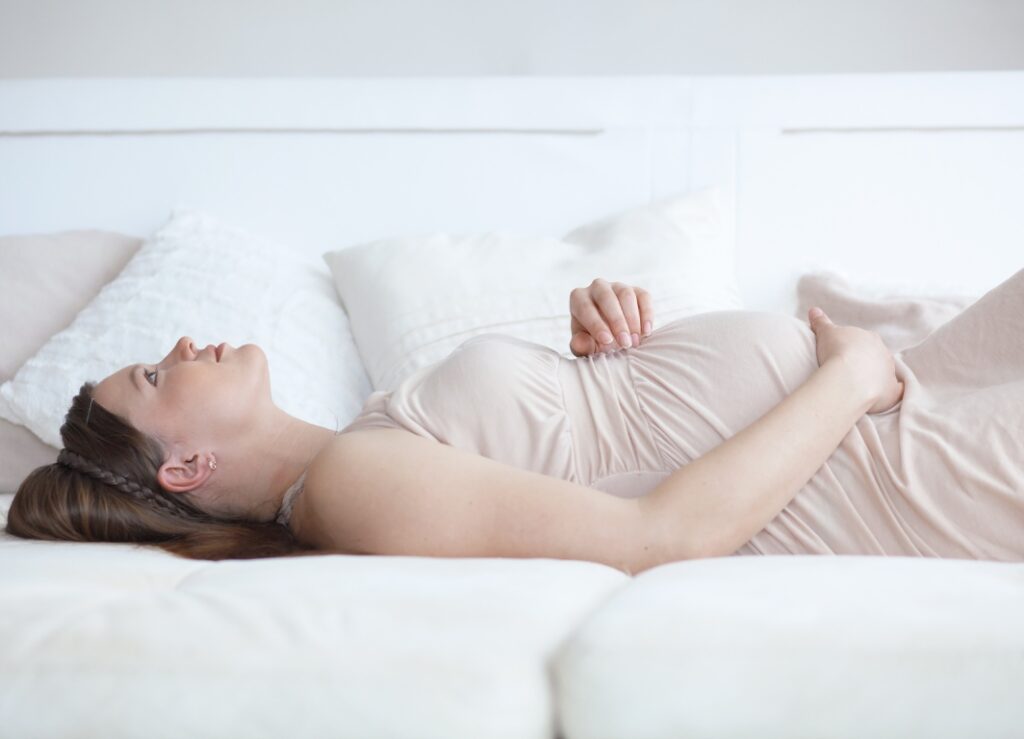
Dietary Strategies to Enhance Fertility
What we eat can greatly affect our fertility. Adding certain nutrients and foods to our diet can boost our chances of getting pregnant. Let’s look at some ways to improve fertility in women through diet.
A diet full of antioxidants is key. Vitamins C and E, along with carotenoids, protect our cells from damage. This can help our fertility. Foods like berries, leafy greens, and bell peppers are great for this.
Omega-3 fatty acids are also vital. These healthy fats help balance hormones and reduce inflammation. This can help us conceive. You can find omega-3s in fatty fish like salmon and sardines, as well as in walnuts and flaxseeds.
Fiber is crucial for fertility too. Eating foods high in fiber, like whole grains and vegetables, keeps a healthy weight and controls blood sugar. This is important for fertility. Fiber also supports gut health, which is linked to reproductive health.
Lean proteins, such as chicken and legumes, are good for fertility. They help make healthy eggs and sperm.
| Nutrient | Fertility-Boosting Foods |
|---|---|
| Antioxidants | Berries, leafy greens, bell peppers |
| Omega-3 Fatty Acids | Salmon, sardines, walnuts, flaxseeds |
| Fiber | Whole grains, legumes, vegetables |
| Lean Protein | Chicken, turkey, legumes |
Women with conditions like PCOS may need to watch their carb intake for better fertility. Talking to a healthcare professional or dietitian can help create a plan tailored to your needs.
By following these dietary strategies, we can improve our fertility and increase our chances of getting pregnant.
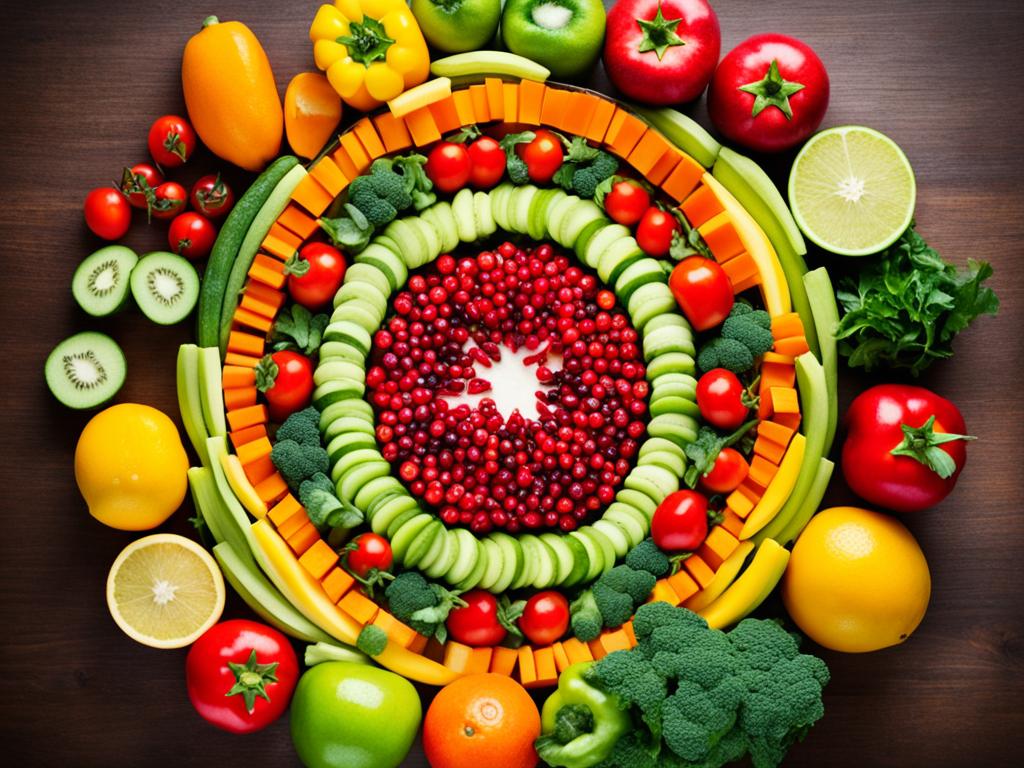
“What we eat can have a profound impact on our fertility. By nourishing our bodies with the right nutrients, we can create an environment that supports conception.”
Exercise and Women’s Fertility
Exercise plays a big role in boosting fertility in women. Moderate exercise can help, but too much can hurt. It’s important to find the right balance.
Studies say the best BMI for fertility is between 20 and 25. Being under 18.5 or over 30 can increase infertility risks. But, losing weight can greatly improve fertility for those over 30.
Exercising for 30 minutes daily can lower the risk of infertility. But, exercising more than 60 minutes a day might increase this risk. Women who exercise often are more likely to get pregnant after IVF.
For women with PCOS, doing vigorous aerobic or resistance training can help with conception. But, for women using assisted reproduction for other reasons, exercise doesn’t really affect treatment success. They can keep exercising as usual during treatment.
Regular vigorous exercise can hurt fertility in healthy women trying to conceive. It can cause problems like not ovulating and issues with the luteal phase. Talking to a healthcare provider can help find the best exercise plan for fertility.

Exercise and fertility effects vary by individual factors like fitness level, health, and infertility diagnosis. The goal is to balance and stick to moderate physical activity for better reproductive health.
Avoiding Fertility Disruptors
When trying to conceive, some environmental factors and toxins can affect female fertility. Pesticides, solvents, and chemicals can lower your chances of getting pregnant. It’s also key to keep a good work-life balance and reduce stress, as high stress can harm fertility.
A study looked at about 500 couples trying to conceive. It found that women with high levels of parabens took longer to get pregnant. Another study checked 200 women for paraben levels and ovarian reserve. It showed that high paraben levels were linked to higher FSH levels and fewer eggs, affecting fertility treatment success.
Phthalates are also linked to infertility in both men and women, fewer eggs, and risks of preterm birth, especially for those exposed more. Making simple changes to daily products can reduce your exposure to these disruptors. This could help improve your fertility.
| Fertility Disruptor | Potential Impact |
|---|---|
| Parabens | Longer time to pregnancy, higher FSH levels, lower antral follicle count |
| Phthalates | Male and female infertility, lower egg counts, preterm birth risks |
| Smoking | Increased risk of infertility in women |
| Alcohol | Increased risk of infertility in women |
Being aware of these potential fertility disruptors and making healthy lifestyle changes can help. These steps can improve your chances of conceiving and having a healthy pregnancy.
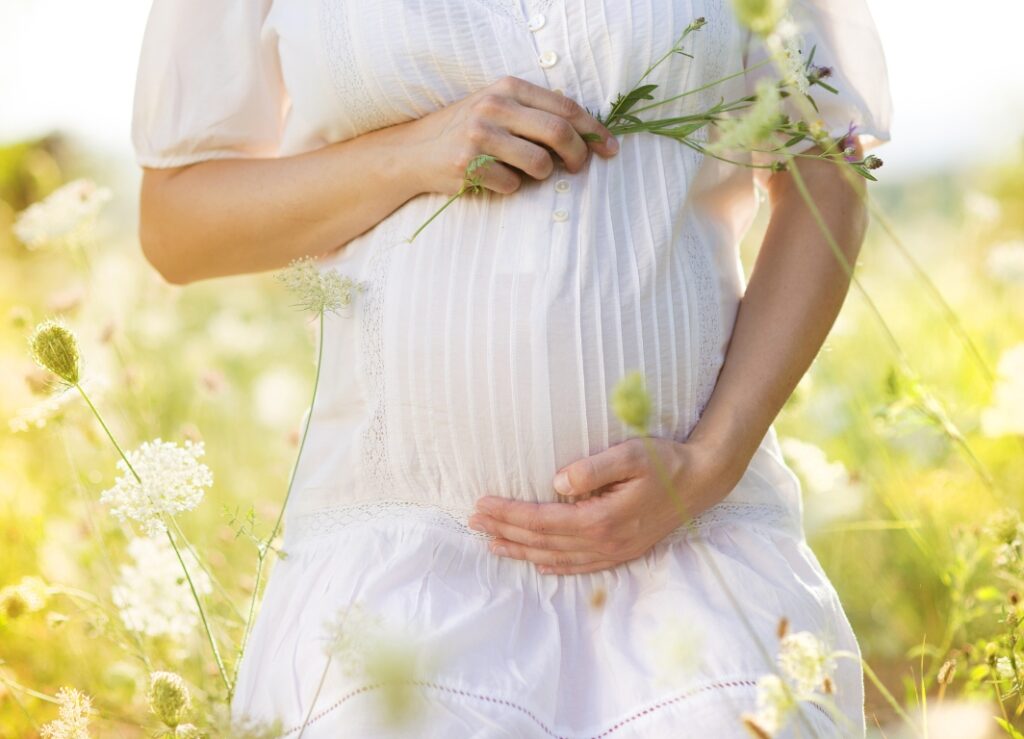
Women fertility guide
Trying to get pregnant can be tough and overwhelming for many women. This guide aims to help women understand and improve their fertility. It covers lifestyle, diet, exercise, health conditions, and treatments to boost conception chances.
Infertility means not getting pregnant after trying for a year. For women over 35, it’s 6 months. Over 40, you should get checked right away. Tests should start quickly for issues like irregular periods and endometriosis.
First, doctors look at your health history, including your fertility attempts and your partner’s health. They check your past fertility, gynecological and medical history, and your family’s health too.
- Young, fertile couples have a 20-25% chance of getting pregnant each month.
- As women get older, their eggs and chances of miscarriage go up.
- Men release 100 million sperm each time, but healthy ones last 5 days in the body. Eggs last 12-24 hours after ovulation.
- For best chances, try to have sex 4-5 times and again 2-3 days before ovulation.
A healthy uterus and the right hormones are key for implantation and growing an embryo. Being inactive can reduce blood flow to the uterus, making the lining thin.
Being healthy before pregnancy is important. Avoid smoking, drugs, and too much alcohol. Manage stress, exercise regularly, and track your cycle.
This guide helps women take charge of their fertility. Remember, every woman’s journey is different. Always get advice from a healthcare provider.
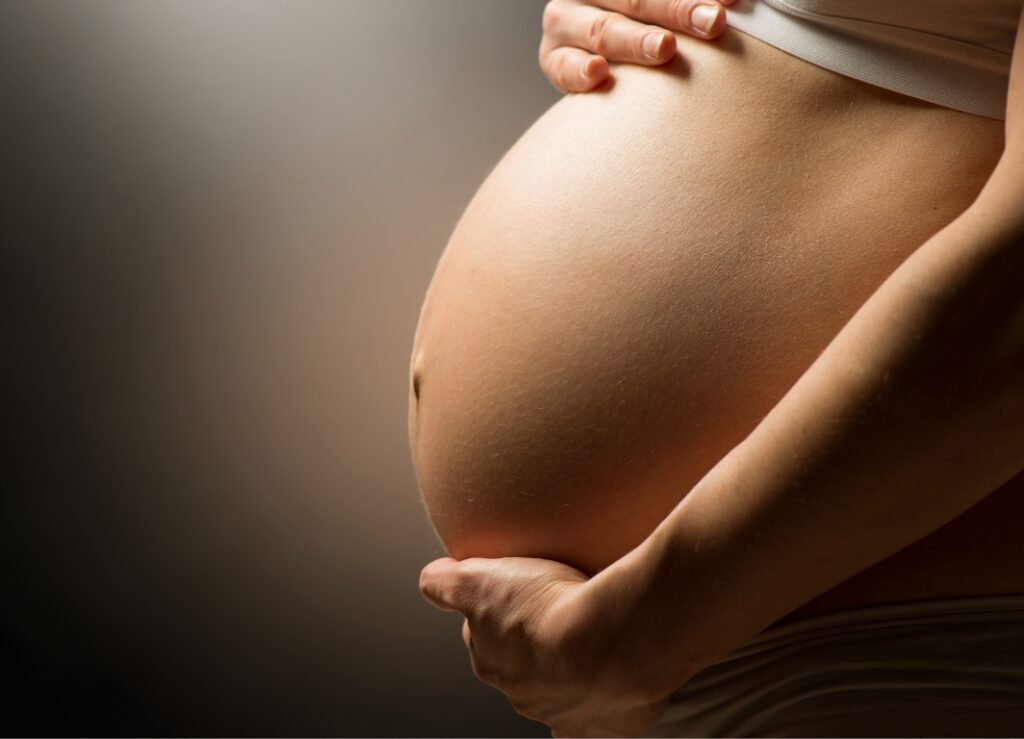
Age and Fertility in Women
As women get older, their fertility and age become more connected. A woman’s female fertility age starts to drop in her 30s. This decline is more noticeable after 35.
In our 20s, women are at their best reproductive age. A 30-year-old woman has a 20% chance of getting pregnant each month. But, as we move into our 30s and 40s, fertility in women over 30, fertility in women over 35, and fertility in women over 40 goes down.
The drop in age-related fertility is mainly because of fewer and lower quality eggs. By 40, a woman’s chance of getting pregnant each month is less than 5%. Menopause, when a woman can’t have more kids, happens on average at 51.
Knowing how age affects fertility is key for women planning to have kids later. Even with fertility treatments, the risks of pregnancy after 40 are high. These risks include a higher chance of miscarriage and chromosomal issues.
The biological clock and fertility are closely linked. Women should think about their fertility and age when planning for a family. Being informed and proactive helps us make good choices for our health and family goals.
| Age | Chance of Getting Pregnant per Cycle | Chance of Live Birth with IVF |
|---|---|---|
| Under 35 | 20% | 41.5% |
| 35-37 | 15% | 31.9% |
| 38-40 | 10% | 22.1% |
| 41-42 | 5% | 12.4% |
| 43-44 | 3% | 5% |
| Over 44 | 1% | 1% |
The table shows how women’s age-related fertility decline is clear. It highlights the need to understand our fertility and age when planning for a family.

“The maximum complement of oocytes is 6–7 million existing in the female fetus at 20 weeks of gestation, decreasing to approximately 1–2 million at birth, 300,000–500,000 at puberty, 25,000 at age 37 years, and 1,000 at age 51 years, the average age of menopause in the United States.”
Medical Conditions Affecting Fertility
Some medical conditions can make it hard for a woman to get pregnant. These issues include hormone problems and physical changes in the body. It’s important to know about these causes if you’re trying to have a baby.
Polycystic ovary syndrome (PCOS) is a big reason why women can’t get pregnant. It’s a hormonal disorder that messes with ovulation. This can lead to irregular periods and trouble getting pregnant. Thyroid conditions can also play a role by affecting how well the ovaries work.
Problems with the uterus or cervix, like fibroids or polyps, can stop a fertilized egg from sticking. Endometriosis is another issue where the lining of the uterus grows outside the uterus. This can make it hard to conceive.
Genetics and other health issues can also affect fertility. Premature ovarian insufficiency means the ovaries stop working early, making it hard to get pregnant. Primary ovarian insufficiency, linked to Turner syndrome, can also lower fertility chances.
It’s key to see a doctor if you’re having trouble getting pregnant. They can help find and treat the cause. This can make it easier to start a family.
| Condition | Impact on Fertility |
|---|---|
| Polycystic Ovary Syndrome (PCOS) | Disrupts ovulation, leading to irregular menstrual cycles and difficulty conceiving. |
| Thyroid Disorders | Can affect ovulation and fertility, causing menstrual irregularities. |
| Uterine/Cervical Abnormalities | Fibroids or polyps can interfere with implantation and embryo development. |
| Endometriosis | The growth of uterine lining outside the uterus can impair fertility. |
| Genetic Factors | Conditions like premature ovarian insufficiency and primary ovarian insufficiency can affect fertility. |

Knowing about medical conditions that affect fertility helps us take steps to improve our chances of getting pregnant. Getting advice from a doctor is crucial if you’re facing fertility issues.
Fertility Treatments for Women
Women facing fertility issues have many medical options to increase their chances of getting pregnant. One common method is in vitro fertilization (IVF). It involves taking eggs, mixing them with sperm in a lab, and then putting the embryos back into the uterus.
Intrauterine insemination (IUI) is another option, where sperm is placed directly into the uterus to help fertilization. Fertility drugs and hormone therapies can also help by making ovulation regular and fixing hormone imbalances.
Sometimes, surgery is needed to fix issues like blocked fallopian tubes or endometriosis. Talking to a trusted fertility clinic and a specialist can help find the best treatment plan for you.
The success of these treatments varies. It depends on the woman’s age, infertility cause, and the treatment type. Studies show about 50% of women can get pregnant with the right treatment.
Choosing a fertility clinic with skilled doctors is key. Make sure to look at their success rates for the treatments you’re interested in. Getting support from groups like Resolve and the American Society for Reproductive Medicine can also be very helpful.
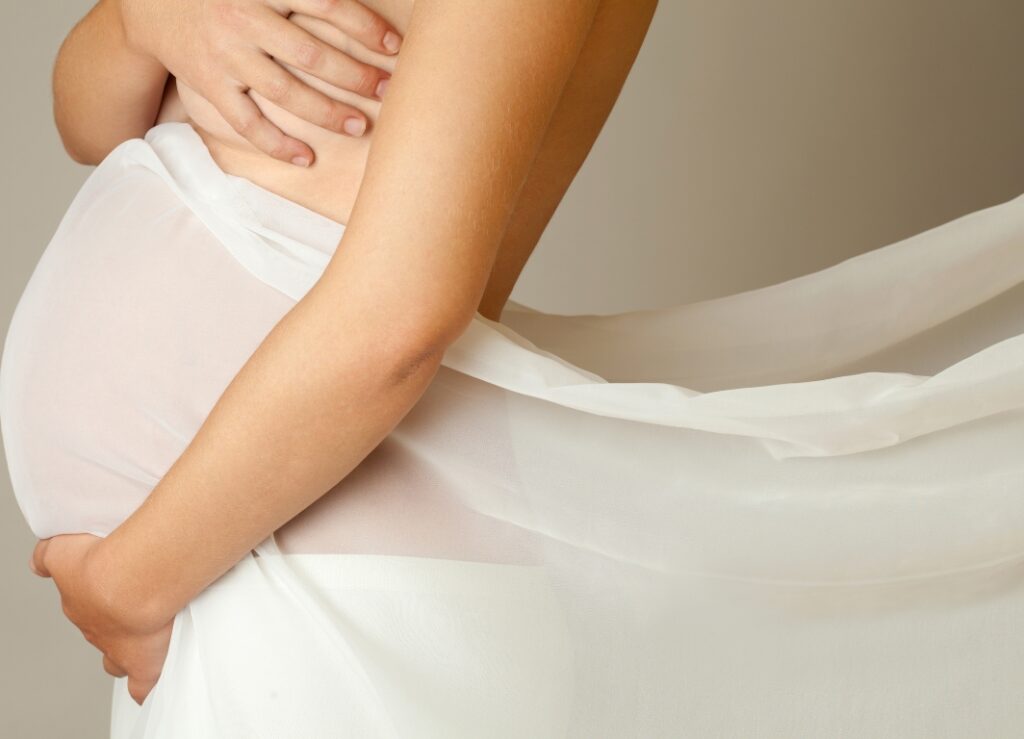
“Fertility treatments have come a long way in recent years, offering hope to those struggling to conceive. With the right support and guidance, many women can overcome their fertility challenges and achieve their dreams of starting a family.”
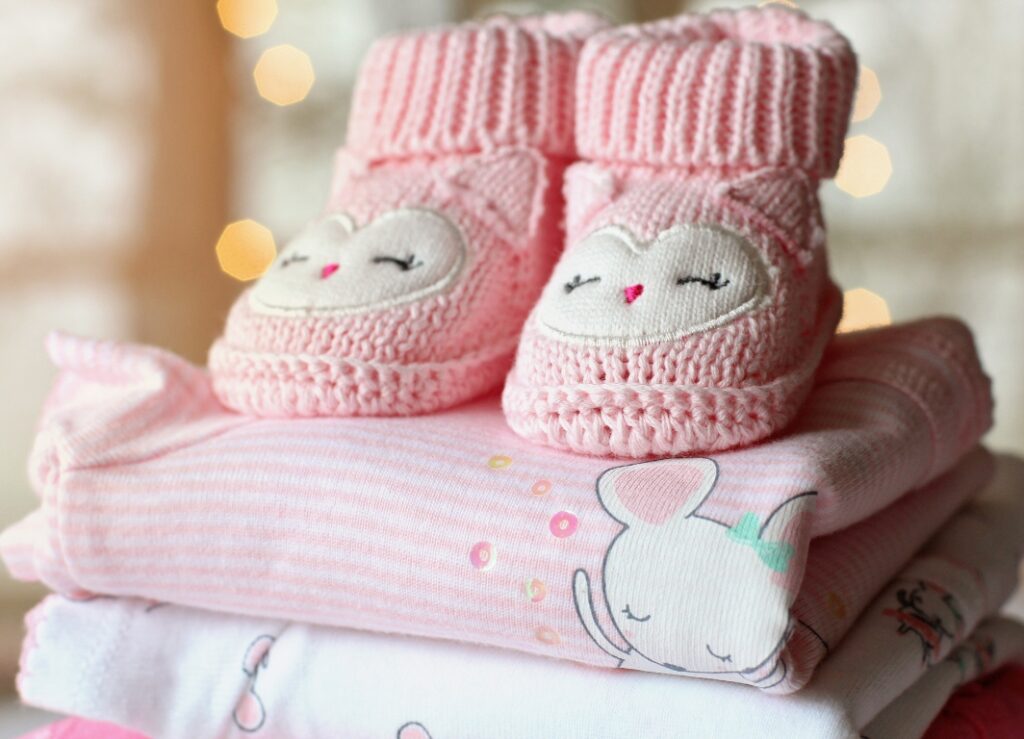
Fertility Testing for Women
Figuring out your fertility often means doing a series of tests. These tests give you important info about your reproductive health. They help guide you to the right treatment options. Let’s look at the main fertility tests for women that can show any hidden problems.
Hormone testing is a key first step. It checks hormone levels like follicle-stimulating hormone (FSH) and anti-Müllerian hormone (AMH). AMH testing shows how many and what quality your eggs are. This helps understand your fertility chances.
Ovarian reserve tests, including ultrasound and genetic checks, look at your egg number and health. They spot any issues with your ovaries.
- Tests like hysterosalpingography and laparoscopy check for problems in your reproductive organs. This includes blockages or scars that could affect fertility.
- Full fertility testing combines hormonal, ovarian reserve, and imaging tests. This gives a detailed look at your fertility status.
Fertility testing might be a bit uncomfortable and costly. But, it’s key to understanding your reproductive health. These tests find any hidden issues. They help you and your doctor find the best treatment options. This increases your chances of getting pregnant.
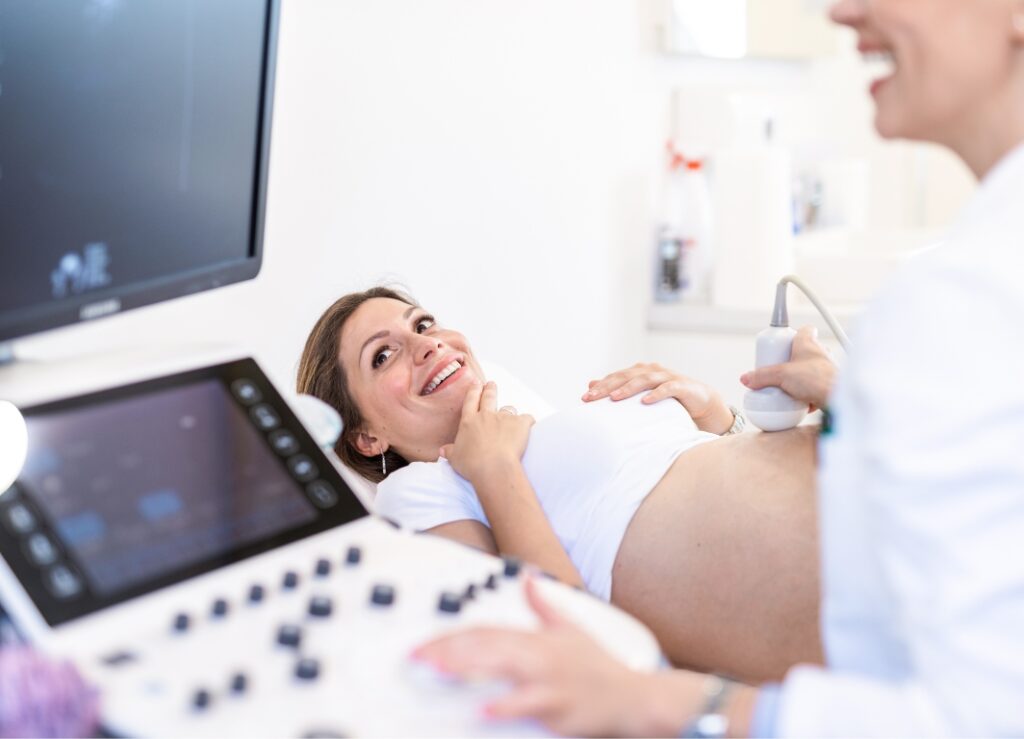
“Infertility testing can be tough, but it’s a vital step on your path to becoming a parent. Remember, you’re not alone, and there are resources and support out there to help you through this process.”
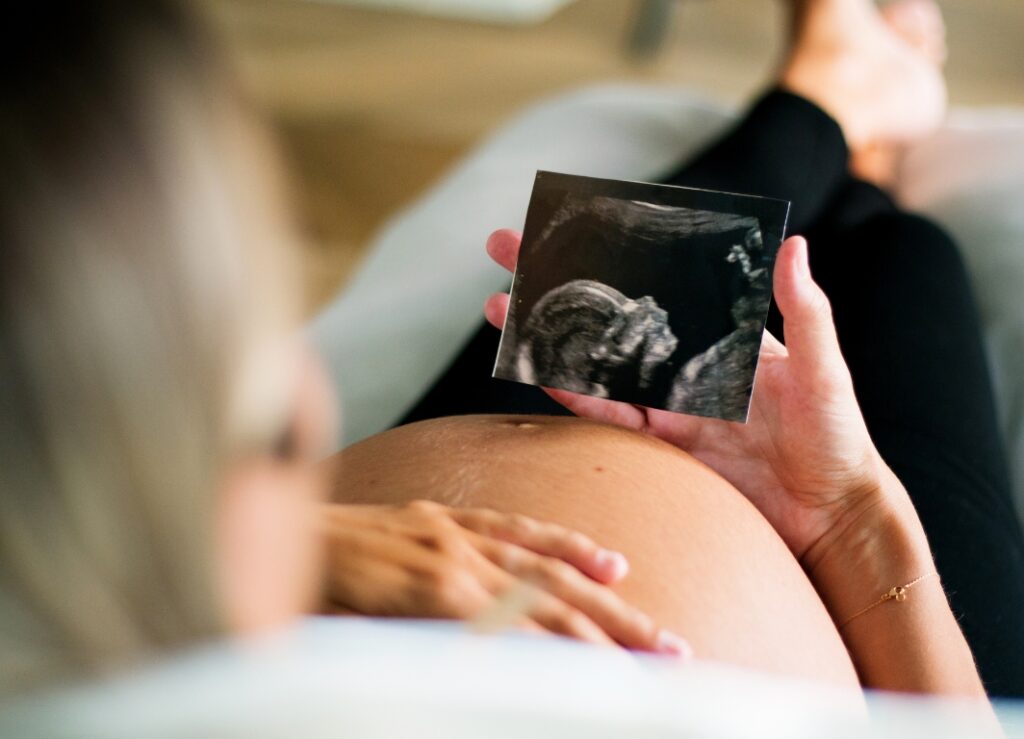
Emotional Support for Fertility Challenges
Trying to get pregnant can be very emotional for women. Not being able to conceive can make you feel stress, anxiety, and depression. Getting emotional support from counseling, support groups, and talking to family can really help.
Using stress management techniques like meditation, yoga, and self-care can also help. These methods can ease the emotional load of infertility. It’s key to focus on mental health during this time.
About 42% of Americans have felt symptoms of depression or anxiety lately. 20–50% of women dealing with infertility have mild to severe depression, and 2% have severe symptoms. Also, 15–56% of women with infertility have significant anxiety.
“As many as 50% of men report infertility-related distress, and men and women have been found to cope differently with infertility and infertility treatment.”
Infertility deeply affects many, with 15% of men and 49% of women saying it’s the most stressful time. Studies show that how you cope can affect your mental health during infertility.
There are many ways to get support for fertility challenges. Groups, counseling, and talking to family can offer emotional support. Taking care of yourself and your mental health can make this tough journey easier.
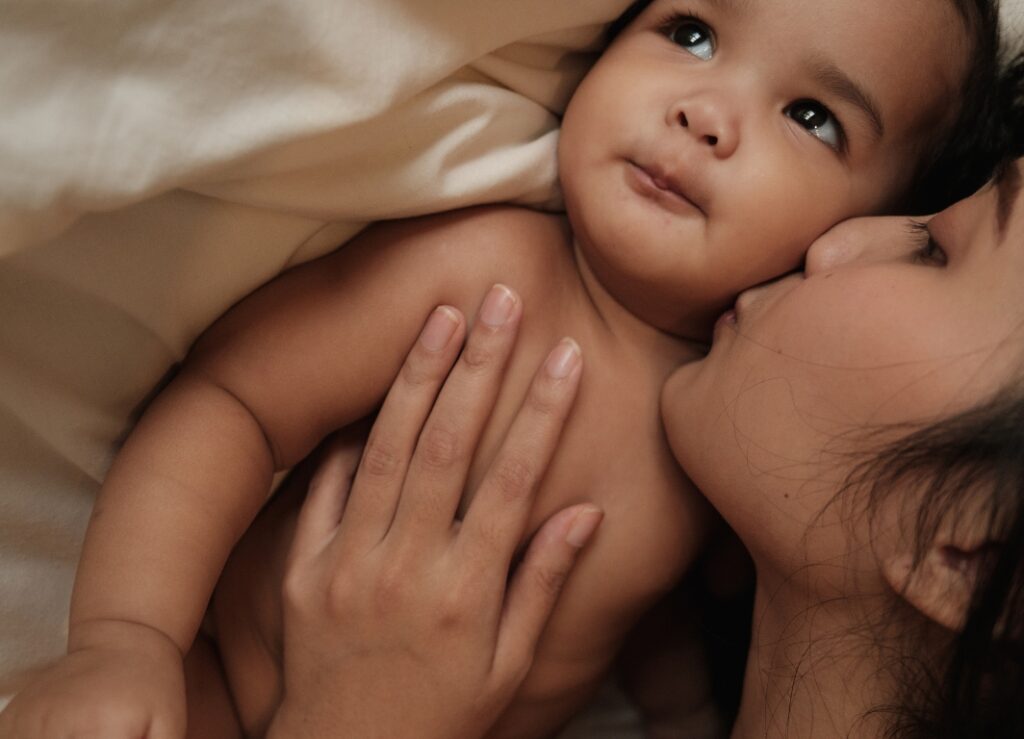
Myths and Misconceptions About Women’s Fertility
Many myths and misconceptions surround women’s fertility, causing confusion. It’s key to know the facts from fiction. Healthcare experts provide evidence-based info.
One myth says age 35 marks a “fertility cliff,” where a woman’s chances of getting pregnant suddenly drop. In reality, fertility peaks in the late teens and early 20s, then declines gradually. By age 30, a woman has about a 20% chance of getting pregnant each month. This drops to around 5% by age 40.
Another myth is that things like caffeine or exercise greatly affect fertility. Excessive caffeine or intense exercise can affect fertility, but they’re not the main factors. A healthy lifestyle is key to boosting fertility.
- Myth: Fertility plummets at age 35.
- Fact: Fertility declines gradually throughout adult life, with a 20% monthly chance at 30 and 5% at 40.
- Myth: Caffeine and exercise severely impact fertility.
- Fact: Moderate lifestyle factors have a minor effect; overall health is more crucial.
By debunking these myths, we help women make better choices about their reproductive health. This can increase their chances of getting pregnant.
“The key is to focus on overall health and wellness, not on myths about specific factors.” – Dr. Jane Doe, Reproductive Endocrinologist
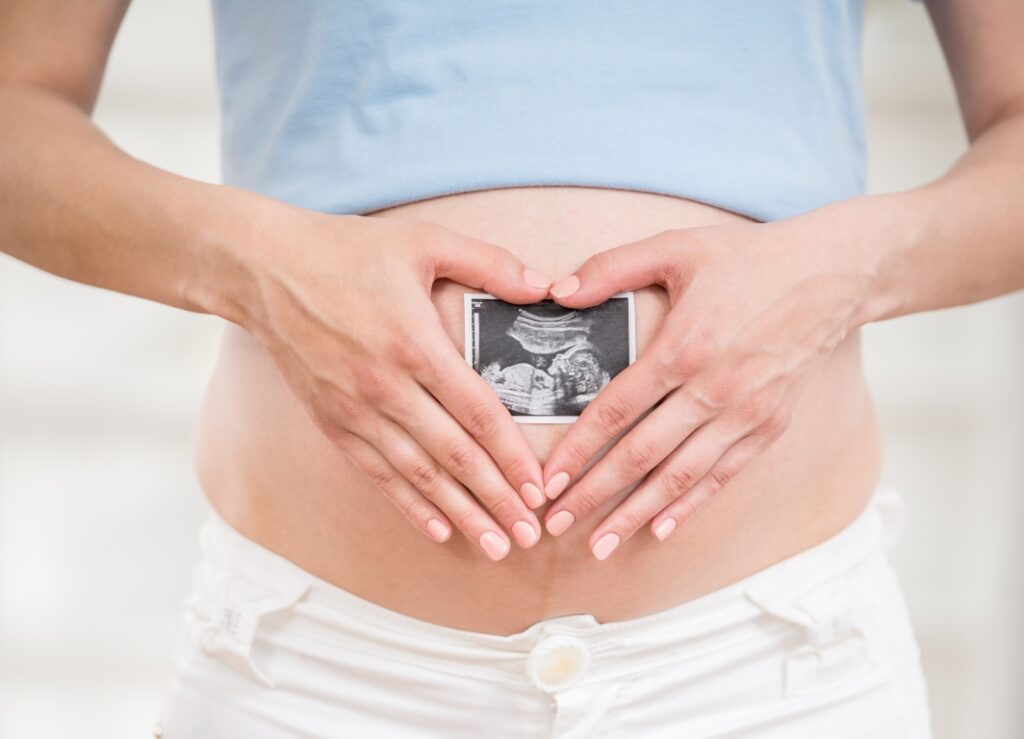
Fertility issues are sensitive and personal. It’s vital to get accurate info and support from doctors. By knowing the facts, women can take charge of their fertility journey and reach their family goals.
Conclusion
This guide has covered the main factors that affect a woman’s ability to have a baby. It also shared ways to boost fertility and deal with challenges. By knowing about lifestyle, diet, age, health issues, and fertility treatments, we can improve our chances of getting pregnant.
Every woman’s journey to have a baby is different. It’s important to get advice from health experts. With the right knowledge and support, we can manage our reproductive health. This guide aims to give you the tools and info to move forward on your path.
If you’re thinking about having a family or facing fertility issues, remember you’re not alone. With hard work, taking care of yourself, and support from others, we can get through tough times. Keep learning, stay updated, and always hope for the best. Your story of fertility is yours to tell.
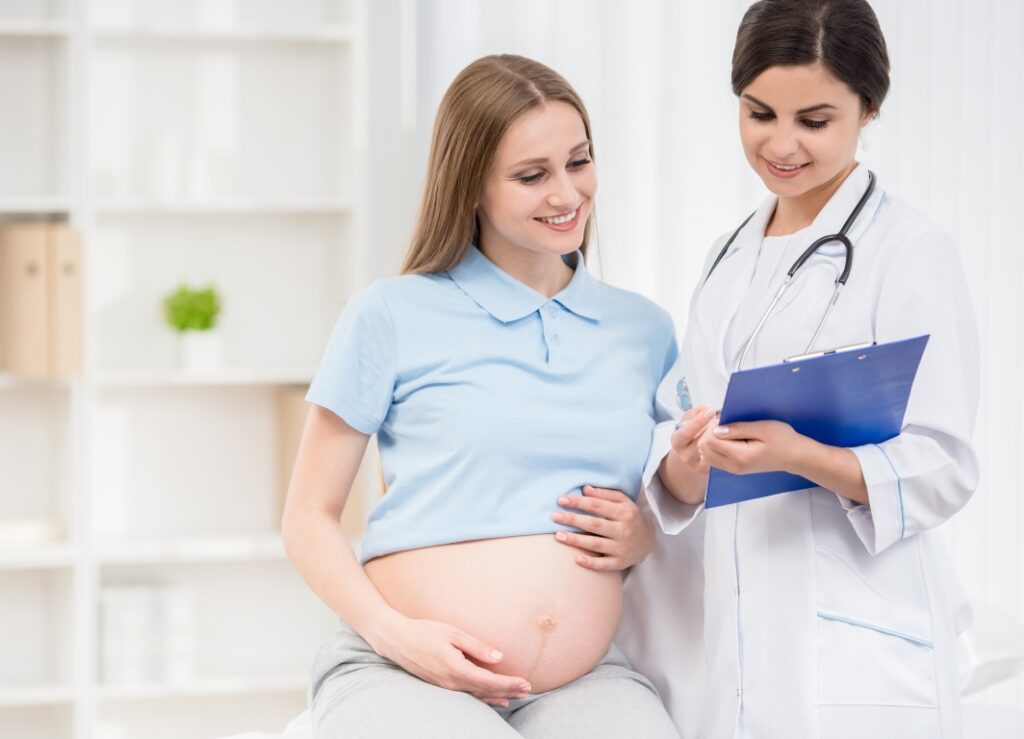
FAQ
What is female fertility and what factors can impact it?
Female fertility means being able to get pregnant. Things that can change how fertile a woman is include issues with ovulation or periods, problems with the uterus or cervix, damage to the fallopian tubes, endometriosis, early menopause, and getting older.
How can lifestyle choices affect a woman’s fertility?
Your lifestyle can affect your fertility. Eating well, staying healthy, managing stress, and avoiding smoking and too much alcohol can help. If you’re having trouble getting pregnant after a year or have fertility issues, talk to a doctor.
What role does diet play in female fertility?
What you eat matters for your fertility. Eating foods with certain nutrients like antioxidants, omega-3 fatty acids, fiber, and lean protein can help. Also, eating fewer refined carbs can help if you have PCOS.

How does exercise affect women’s fertility?
Exercise can help your fertility, but too much can hurt it. Finding the right amount is key. Activities like yoga can improve fertility. But exercising more than 5 hours a week can lower it.
What environmental factors can impact female fertility?
Some environmental factors can hurt your fertility. Being around pesticides, solvents, and other chemicals can be bad. Keeping a good work-life balance and managing stress is also important for your fertility.
How does a woman’s age affect her fertility?
Your age is a big factor in your fertility. After 35, your fertility goes down. You have fewer and lower quality eggs, making it harder to conceive.

What medical conditions can impact female fertility?
Some health issues can lower your fertility. Hormone problems like PCOS and thyroid issues can mess with your cycles. So can problems with the uterus, cervix, fallopian tubes, and endometriosis.
What fertility treatment options are available for women?
If you’re having trouble getting pregnant, there are treatments like IVF, IUI, and egg freezing. Medications and hormone therapies can also help with ovulation and cycles.
What tests are used to evaluate a woman’s fertility status?
Doctors use tests to check your fertility. These include hormone tests, ovarian reserve tests, and imaging like hysterosalpingography and laparoscopy. These tests help find problems and guide treatment.

How can women cope with the emotional challenges of fertility issues?
Dealing with fertility problems can be tough. Getting support from counseling, groups, and loved ones helps. Stress-reducing activities like meditation and yoga can also make it easier.
What are some common myths and misconceptions about women’s fertility?
There are many wrong ideas about women’s fertility. Thinking that caffeine, exercise, or age affect fertility too much is wrong. It’s best to trust what doctors say.
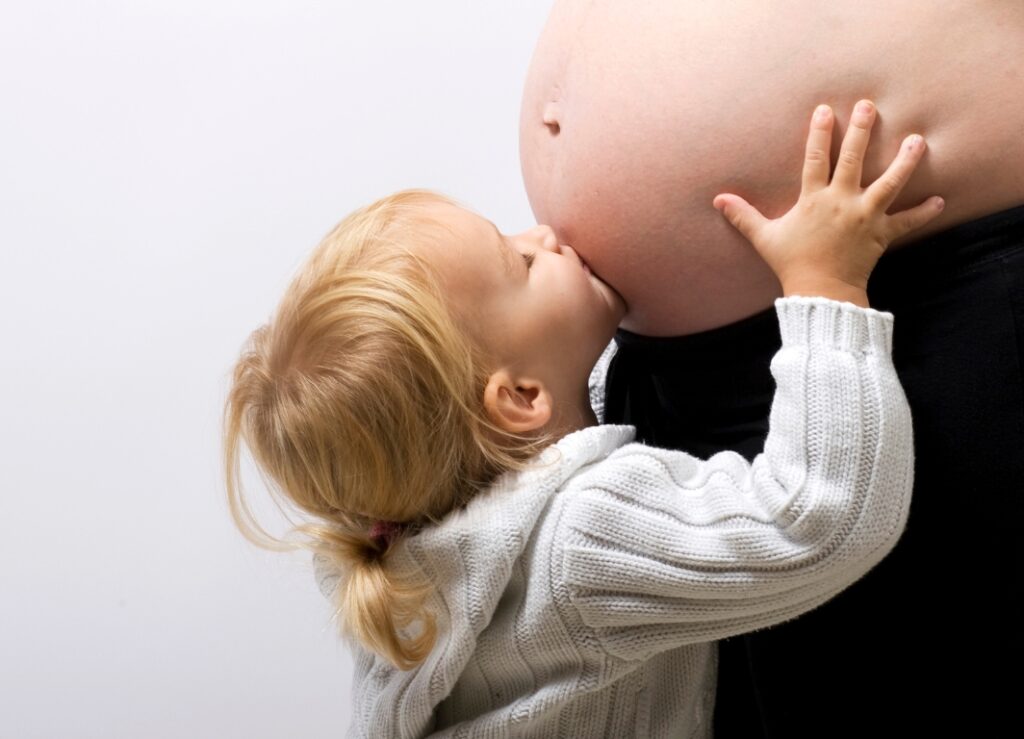
References
- Lifestyle factors and reproductive health: taking control of your fertility – https://www.ncbi.nlm.nih.gov/pmc/articles/PMC3717046/
- Female Fertility and the Nutritional Approach: The Most Essential Aspects – https://www.ncbi.nlm.nih.gov/pmc/articles/PMC8634384/
- The effect of physical activity on fertility: a mini-review – https://www.ncbi.nlm.nih.gov/pmc/articles/PMC10310950/
- Physical activity and fertility – https://www.ncbi.nlm.nih.gov/pmc/articles/PMC7614776/
- Female Infertility – StatPearls – NCBI Bookshelf – https://www.ncbi.nlm.nih.gov/books/NBK556033/
- An introduction to infertility counseling: a guide for mental health and medical professionals – https://www.ncbi.nlm.nih.gov/pmc/articles/PMC3288135/
- Diagnosis and Management of Infertility: A Review – https://www.ncbi.nlm.nih.gov/pmc/articles/PMC9302705/
